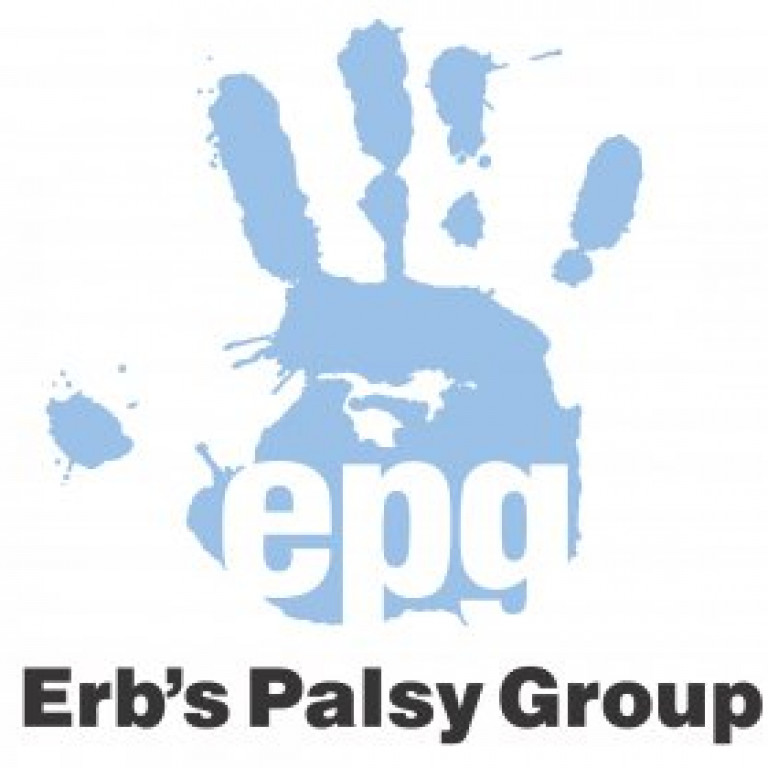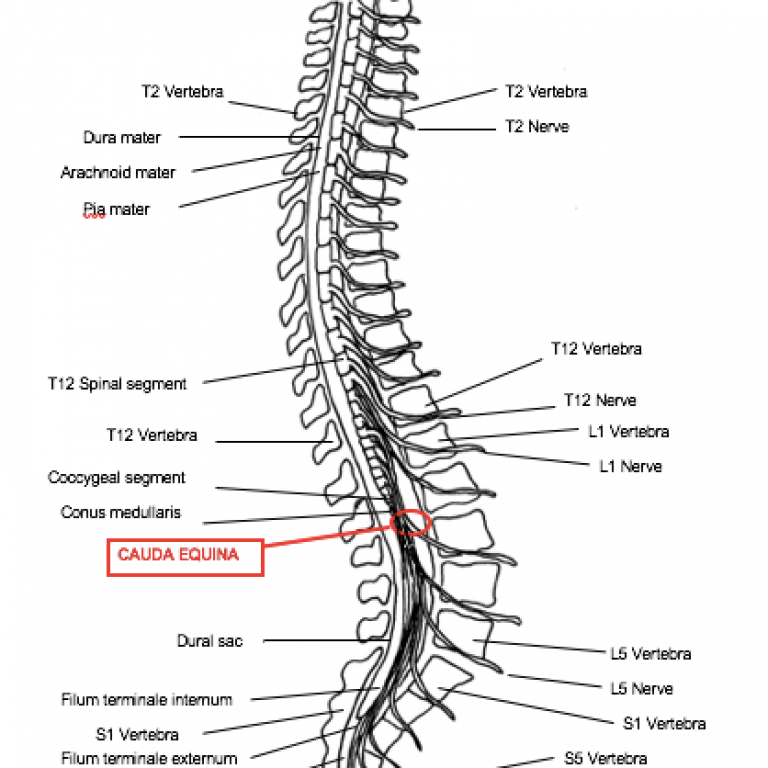Complete the form below to ask us a question or make an enquiry. We’ll get back to you via phone or email as soon as possible.
Complete the form below to ask us a question or make an enquiry. We’ll get back to you via phone or email as soon as possible.
Insights
Proud to support Erb’s Palsy Awareness Week – Adam’s story
Posted on 22nd October 2018 in Medical Negligence
Insights
NHS Scandals: 2018 Medical Negligence Claims
Posted on 28th September 2018 in Medical Negligence
Insights
Report Into NHS Finds Too Many Baby Deaths Were Avoidable
Posted on 13th September 2018 in Medical Negligence
Insights
What is Cauda Equina?
Posted on 12th February 2018 in Medical Negligence
Insights
Proud to support Erb’s Palsy Awareness Week – Overcoming adversity: Fraser’s story
Posted on 28th June 2017 in Medical Negligence
Insights
Proud to support Erb’s Palsy Awareness Week – Overcoming adversity: Luke’s story
Posted on 26th June 2017 in Medical Negligence
Insights
Spinal Injury Compensation
Posted on 18th February 2017 in Medical Negligence








